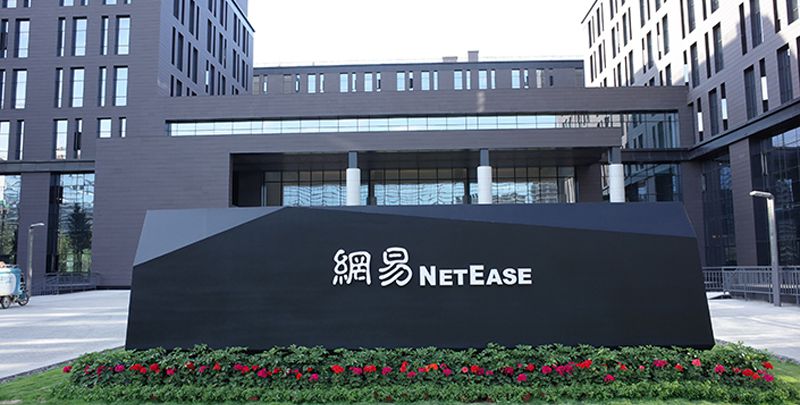Mentioned in this article
- Chinese game publisher NetEase announced its plans to invest over ¥5B RMB ($710M USD) to build an “Esports Park” in the Shanghai Qingpu district.
- Multiple esports projects will be hosted in the park related to product design, venue, teams development, talent construction, and user experiences.
- NetEase will build China’s first “class-A venue” in the park, at a minimum of 50K square meters, and 5,000 seats. This follows the Shanghai government’s new classification and set of standards for esports venues.
Game publisher and the exclusive Chinese distributor of Blizzard Entertainment games, NetEase, announced that it plans to invest over ¥5B RMB ($710M) to build the “NetEase Esports Park” in the Shanghai Qingpu district.
The plan was announced at 2019 Global Esports Conference in Shanghai, held by the Shanghai government. Ding Yingfeng, president of NetEase, said that the plan would include multiple esports-related projects, including those related to product design, team development, talent construction, and user experiences.
Yingfeng also announced that the company will build China’s first “class-A esports venue” in the park. This is in accordance with a new classification and set of standards for esports venues announced by the Shanghai government. As a class-A esports venue, the facility is required to have a minimum size of 50K square meters, and 5,000 seats.
As well as being a distributor of Blizzard titles, NetEase owns the Shanghai Dragons, an Overwatch team which represents Shanghai in the Overwatch League (OWL). In July, Activision Blizzard announced that every Overwatch League team would host at least two homestand events next year, in place of the original home-away plan. It is very likely that NetEase’s esports park will be used for the Shanghai Dragons’ homestand events, and will potentially become the team’s permanent home venue in 2021.
Editor’s Note: When the esports park was first announced, several news outlets reported that the U.S. dollar equivalent of NetEase’s proposed spending plan was $725M. Due to recent escalations in the U.S. and China trade war, this has lowered to $710M.

